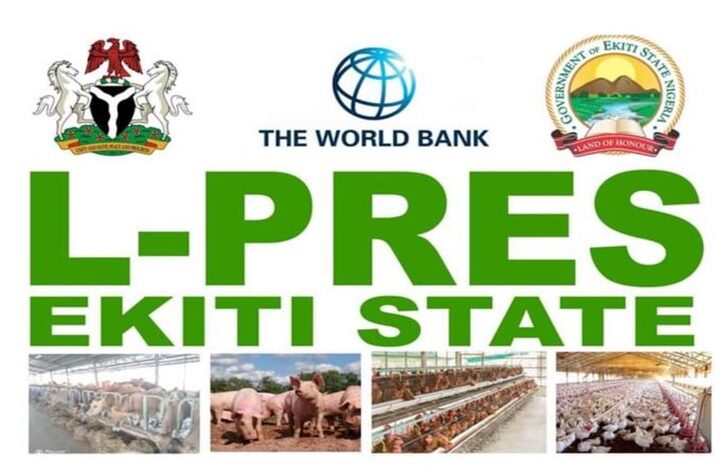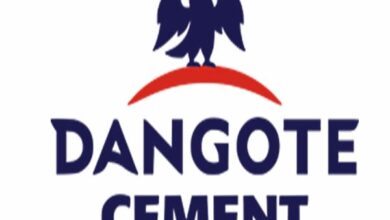Ekiti empowers women to lead livestock economic growth

The Ekiti State government emphasized women’s pivotal role in boosting the local economy through the livestock sector.
Highlighting this commitment, officials organized a one-day sensitization program titled “Promoting and Encouraging Women in the Livestock Sub-sector” in Ado-Ekiti.
Speaking at the event, State Project Coordinator Mr. Olayinka Adedipe reaffirmed the government’s dedication to empowering female farmers through the World Bank-backed Livestock Productivity & Resilience Project (L-PRES). Represented by Extension Officer Mrs. Olubunmi Ajayi, he stressed the initiative’s focus on poverty reduction, job creation, and financial inclusion for women.
Furthermore, Adedipe noted that women dominate critical stages of the livestock value chain. He explained that L-PRES prioritizes enhancing productivity, resilience, and commercialization to unlock the sector’s full potential.
Meanwhile, Gender-Based Violence Officer Mrs. Busola Adeniyi urged increased investments in livestock farming. She argued that funding access would directly strengthen women’s economic independence and improve food security. Adeniyi highlighted persistent barriers such as limited training, resources, and market opportunities.
Adding to this, Value Chain Officer Mrs. Adenike Omoleye underscored the need for streamlined market linkages. She asserted that strengthening value chains would elevate women’s income and amplify their contributions to Ekiti’s economy.
On health management, Social Safeguard Officer Mrs. Aderonke Oke advised farmers on optimal animal housing practices. She emphasized that proper shelters directly correlate with improved livestock output and sustainability.
Concluding the event, Chief Mrs. Mary Adewole-Ojo, leader of Ado-Ekiti’s sheep and goat farmers, praised the government and L-PRES for their support. She described the program as transformative, equipping women with skills to scale their enterprises.
Overall, the workshop reinforced Ekiti’s strategy to leverage gender inclusion for economic diversification.
By addressing systemic challenges, the state aims to position women as drivers of agricultural growth.
Through L-PRES, stakeholders continue advocating for policies that ensure equitable resource distribution. These efforts align with broader goals to enhance resilience against climate and economic shocks.
Ekiti’s proactive approach highlights agriculture’s role in achieving sustainable development. Empowering women in livestock farming not only boosts household incomes but also strengthens community food systems.
The government plans to replicate similar programs statewide, targeting over 5,000 female farmers by 2025. Such initiatives signal a shift toward inclusive, women-led agrarian transformation.
With consistent implementation, Ekiti’s livestock sector could emerge as a national model for gender-responsive economic planning. The state’s focus on training and infrastructure sets a precedent for others to follow.
Ultimately, bridging gender gaps in agriculture remains central to Ekiti’s vision of prosperity.
Collaborative efforts between policymakers and farmers will determine the initiative’s long-term success.
Post Views: 47





